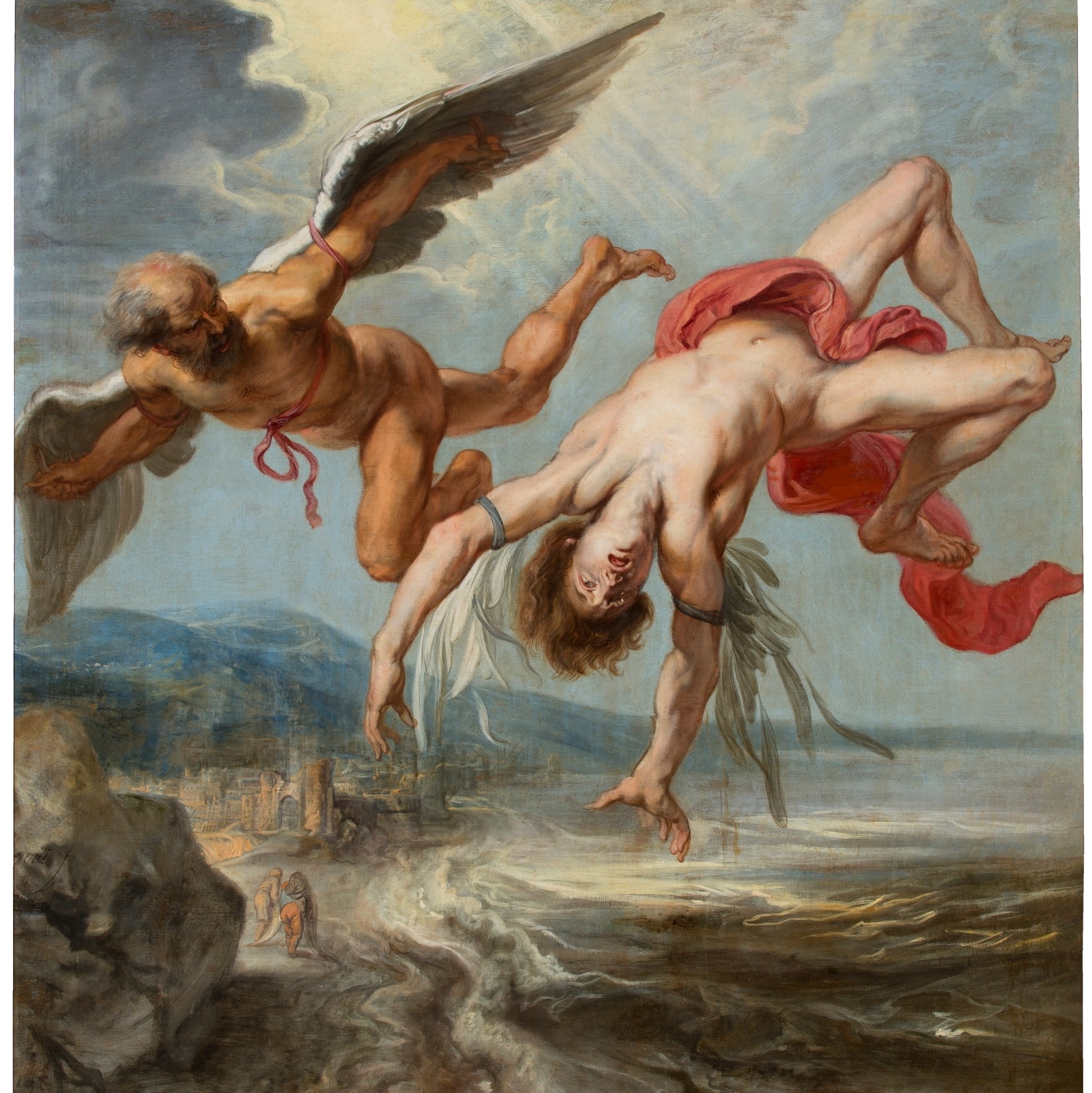June 26, 2024
People are increasingly comfortable with – and scared of – AI
 The sentiments of employees around the world about AI and GenAI are evolving significantly, but cautious optimism endures, with 42 percent reporting confidence about the technologies’ impact on their work, compared to 26 percent at around this time last year. However, anxiety about the technologies is also on the rise, by 5 percentage points, and 49 percent of regular users believe their job may disappear in the next ten years, a view shared by only 24 percent of workers who do not use them.
The sentiments of employees around the world about AI and GenAI are evolving significantly, but cautious optimism endures, with 42 percent reporting confidence about the technologies’ impact on their work, compared to 26 percent at around this time last year. However, anxiety about the technologies is also on the rise, by 5 percentage points, and 49 percent of regular users believe their job may disappear in the next ten years, a view shared by only 24 percent of workers who do not use them.
These are among the findings of a new report from Boston Consulting Group (BCG). Titled AI at Work: Friend and Foe, the study follows the firm’s inaugural AI at Work survey from last year and is based on a global survey of more than 13,000 employees in 15 countries and regions conducted by BCG X, BCG’s tech build and design division. The survey’s respondents range from executive suite leaders to frontline employees who do not hold managerial positions, although most respondents work in office-based roles.
The survey was conducted at what the authors claim is a critical phase in the maturation of GenAI, as companies move beyond pilots and start to integrate the technology into the fabric of their organisations. Nearly two-thirds of leaders (64 percent) say they are starting to implement GenAI tools to reshape their organisations. Engagement with the technology has increased over the last year, particularly with frontline employees—more than twice as many report using the tool regularly as did in 2023, and 43 percent of them do so for work.
Although companies have made strides in training their employees since last year’s survey, there remains quite a bit of potential for further growth, as only 30 percent of managers and 28 percent of frontline employees have already been trained in how AI will change their jobs, compared with half of leaders.
The study also claims that 58 percent of respondents who use GenAI for work report that using the tool is saving them at least five hours per week, and these respondents say they are using this freed-up time to perform more tasks (41 percent) or new tasks (39 percent), experiment with GenAI (39 percent), or work on strategic tasks (38 percent).
“We are entering a new era for GenAI which is less about optimism and curiosity and more about confidence and value realization. Adoption has increased and individuals are starting to see the benefits, said Vinciane Beauchene, a managing director and partner at BCG and a coauthor of the report. “Companies are also starting to realize that getting the value out of their investment will require them to think beyond productivity and take a more holistic and proactive approach to redirect the time saved to the most valuable and joyful activities, to reskill their employees to do so, and to reshape their organisations and operating models as a consequence.”
Geographically, the survey suggests that respondents from Global South countries such as Brazil, India, Nigeria, South Africa, and those in the Middle East were more consistently bullish and less anxious than respondents in mature markets about GenAI. The Global South also has a higher proportion of regular users of GenAI at work among its leaders, managers, and frontline employees than the Global North does. Managers and frontline employees from the Global South were more likely than their peers in the Global North to have received GenAI training in the past year. In the time freed up by using GenAI, Global South respondents were more likely to experiment with the tool, engage in professional development, and focus on the quality of their work.
The authors provide a set of five key recommendations for organisations as they continue their ongoing transformations built around GenAI:
- Establish a transformation-first mindset
- Manage all your transformations
- Build training muscle at scale
- Emphasise how GenAI can increase value creation and employee joy
- Anticipate the evolution of roles, skills, operating model, data, and governance
Top image: From The Fall of Icarus by Jacob Peeter Gowy, Museo del Prado, Madrid
Bottom image: Landscape with the Fall of Icarus, Pieter Bruegel the Elder, Royal Museums of Fine Arts of Belgium, Brussels















